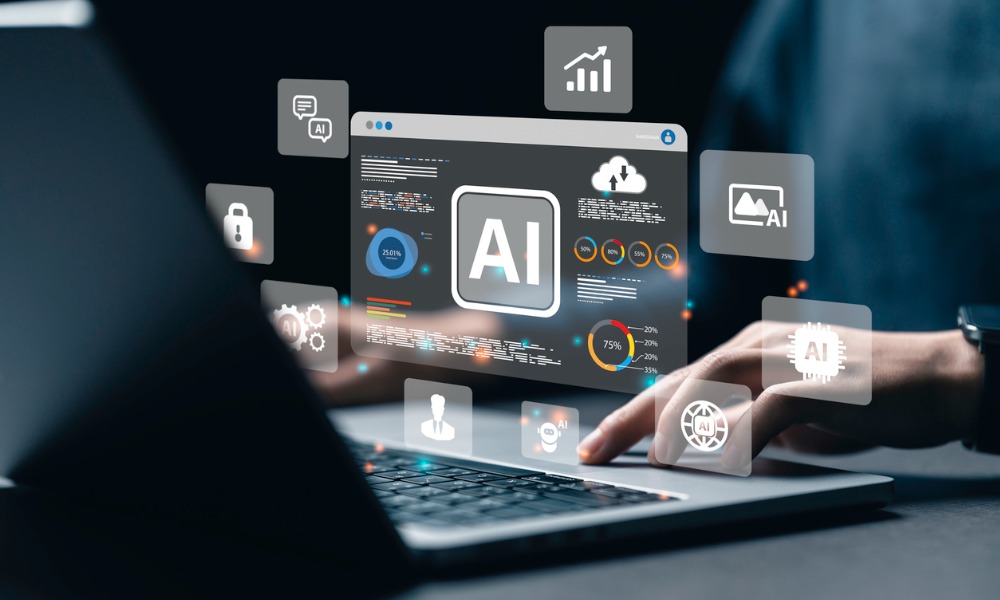
New research finds tech-exposed occupations 'have slightly worse wage growth'

Reports that AI could be replacing humans in the workplace may be “greatly exaggerated,” according to new research, which found that the emerging technology had a more negative impact on wages than on employment.
A new research bulletin from the European Central Bank (ECB) has been titled: “Reports of AI ending human labour may be greatly exaggerated.” It reviewed the impact of AI on jobs across 16 European countries between 2011 and 2019.
According to its findings, occupations that were potentially more exposed to AI-enabled technologies “actually increased their employment share.”
“Occupations with a relatively higher proportion of younger and skilled workers gained the most,” the report said.
While neither AI nor software exposure showed statistically significant effects on wages, one of the measures they used indicated that “occupations more exposed to AI have slightly worse wage growth.”
“For wages, the evidence is less clear and suggests neutral to slightly negative impacts,” the report said.
According to the report, exposure to AI in the workplace did not seem to significantly affect occupations hiring individuals in the low- and medium-skill groups.
“However, for the high-skill group we find a positive and significant association,” the report said, noting that exposure to AI seemed to “boost the sector-occupation employment.”
The findings went against previous research where medium-skilled workers were replaced by computerisation, according to the report.
By age group, the report found that AI-enabled automation appeared to favour occupations that hire relatively young employees.
“AI-enabled automation is thus associated with employment increases in Europe - mostly for high-skill occupations and younger workers,” the report said.
The findings indicate the potential impact of AI in employment, which has long been the concern of employees when it comes to automation.
The report focused in the years of rising adoption of deep learning applications such as language processing, image recognition, algorithm-based recommendations, or fraud detection.
“Though more limited in scope than the current generative AI models such as ChatGPT, deep learning applications are nonetheless revolutionary – and still trigger concerns about the impact on jobs,” the report said.
The findings could also likely indicate the potential impact of generative AI on employment, as previous research suggested that millions of jobs could be at risk because of the technology.
But the researchers stressed that it was “too soon to reach a verdict,” noting the continuous development of AI-enabled technologies.
“Most of their impact on employment and wages - and therefore on growth and equality - has yet to be seen,” the report said.